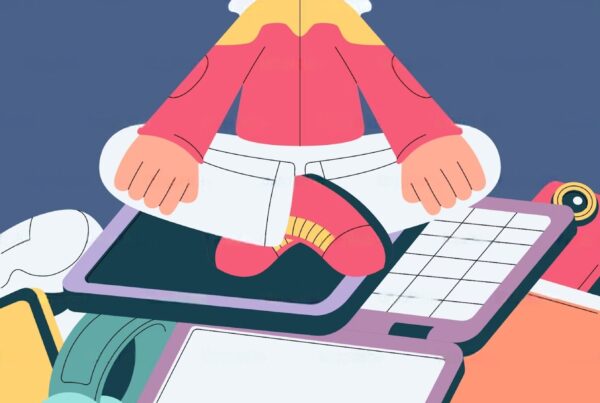
Green Guilt Starting Your Sustainable Journey
Sustainable living is a journey of trial and error. Research published in the Environmental Psychology journal shows that people who remain flexible in their eco-friendly practices are more likely to maintain long-term sustainable habits.
The Financial Reality of Going Green
Building new environmental habits
Initial composting mistakes and solutions
Finding the right reusable products
Adapting to seasonal local food availability
Quick Tips for Getting Started:
Track your impact to stay motivated
Choose ONE sustainable habit to develop at a time
Start with simple swaps like reusable grocery bags
Focus on progress over perfection
The Financial Reality of Going Green
Contrary to popular belief, sustainable living often saves money. Here’s the data:
- Average annual spending on single-use water bottles: $120
- Cost of a quality reusable bottle: $20
- Energy savings from LED bulbs: 25% reduction in electricity bills (U.S. Department of Energy)
Budget-Friendly Sustainable Swaps:
- Thrift shopping vs. fast fashion
- Reusable vs. disposable items
- Energy-efficient appliances
- Bulk buying sustainable products
Mental Benefits of Sustainable Living
Research shows that sustainable living correlates with:
- Increased life satisfaction
- Lower stress levels
- Greater sense of purpose
- Stronger community connections
Creating Lasting Change:
- Declutter your space and mind
- Align daily choices with values
- Build sustainable communities
- Share experiences and inspire others
Your Sustainable Journey Starts Now
Remember, Sustainable living isn’t about perfection—it’s about progress. Start small, adjust as needed, and celebrate every eco-friendly choice you make.
So, what’s your first green step? Let’s hear it in the comments!



Leave a Reply